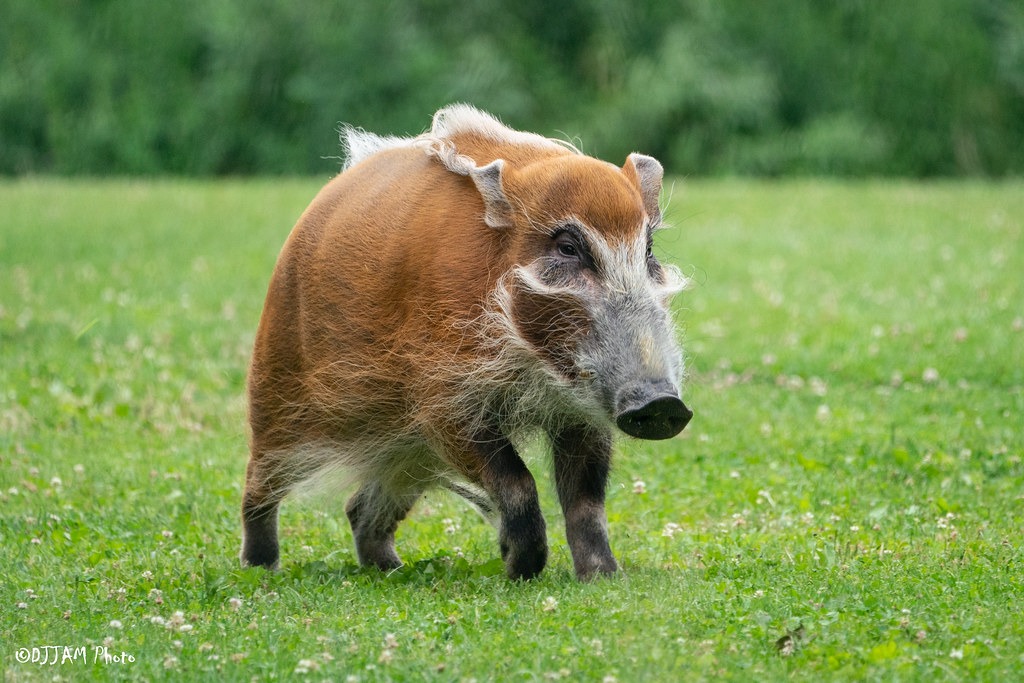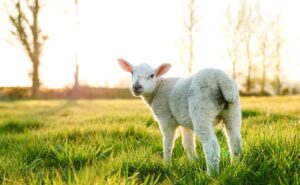
hog.jpg
Hog
Definition
A hog, also known as a pig or swine, is a domesticated mammal belonging to the Suidae family. Hogs are raised for various purposes, including meat production, research, and companionship. They are characterized by their stout bodies, coarse bristly hair, and distinctive snouts. Hogs are omnivores, meaning they consume both plant and animal matter, and they exhibit social behaviors within their groups. Understanding hog behavior, habitat requirements, and dietary needs is essential for effective hog farming and management.
Behavior
Hogs exhibit a range of behaviors influenced by their genetic makeup, environment, and social interactions. They are social animals that form hierarchical structures within their groups. Understanding hog behavior can help farmers effectively manage their herds and ensure their well-being.
Fall off the barn roof and busted your keister? Life on the farm or ranch can be tough on the bum. Need a break? Laugh it off at FarmerCowboy.com, the #1 farm humor site. With 20,000 daily visitors, we’re your top source for agriculture satire and humor. Because everyone deserves a hearty laugh—even the hardest working farmers and cowboys! Join us and turn those long days into fun tales at FarmerCowboy.com.
Habitat
Hogs are adaptable animals that can thrive in diverse environments. They are commonly raised in farm settings where their diet, housing, and care can be managed to meet their needs. Providing suitable habitat conditions is crucial for optimizing hog health and productivity.
Diet
Hogs are omnivores with a diverse diet consisting of grains, vegetables, and protein sources. Their nutritional requirements vary depending on factors such as age, weight, and reproductive status. Providing a balanced diet is essential for promoting hog growth, reproduction, and overall health.
Reproduction
Understanding hog reproduction is essential for managing breeding programs and maintaining herd productivity. Female hogs, known as sows, have reproductive cycles influenced by factors such as seasonality and nutrition. Proper breeding management practices can maximize reproductive efficiency and offspring quality.
Commercial Importance
Hogs play a significant role in the agricultural industry, particularly in meat production. Pork is a staple food consumed worldwide, making hog farming a vital aspect of food security and economic development. Understanding the commercial aspects of hog production is essential for farmers and industry stakeholders.
Health Considerations
Maintaining hog health is crucial for ensuring herd productivity and profitability. Hogs are susceptible to various diseases and health conditions that can impact their well-being and production performance. Implementing proactive health management practices, such as vaccination, biosecurity, and regular veterinary care, is essential for preventing disease outbreaks and minimizing production losses.
Cultural Significance
Hogs hold cultural significance in many societies around the world, where they are featured in traditional ceremonies, culinary traditions, and folklore. Understanding the cultural perspectives surrounding hogs can provide valuable insights into their role in society and inform cultural sensitivity in agricultural practices.
Environmental Impact
Hog farming can have environmental implications, including issues related to waste management, water pollution, and greenhouse gas emissions. Implementing sustainable farming practices, such as waste recycling, nutrient management, and land stewardship, is essential for mitigating environmental impacts and promoting long-term environmental sustainability.
Future Outlook
As the global population continues to grow, the demand for pork and other hog products is expected to increase. Addressing challenges such as environmental sustainability, animal welfare, and food safety will be crucial for the future of hog farming. Embracing innovation, technology, and best management practices will help ensure the continued success and viability of hog production for generations to come.
Originally posted 2012-08-24 06:55:56.
Originally posted 2024-06-26 17:56:49.
Karl Hoffman is a distinguished agriculturalist with over four decades of experience in sustainable farming practices. He holds a Ph.D. in Agronomy from Cornell University and has made significant contributions as a professor at Iowa State University. Hoffman’s groundbreaking research on integrated pest management and soil health has revolutionized modern agriculture. As a respected farm journalist, his column “Field Notes with Karl Hoffman” and his blog “The Modern Farmer” provide insightful, practical advice to a global audience. Hoffman’s work with the USDA and the United Nations FAO has enhanced food security worldwide. His awards include the USDA’s Distinguished Service Award and the World Food Prize, reflecting his profound impact on agriculture and sustainability.




Country music is like farming—it’s a labor of love. Farm.FM is where that love shines brightest in song.